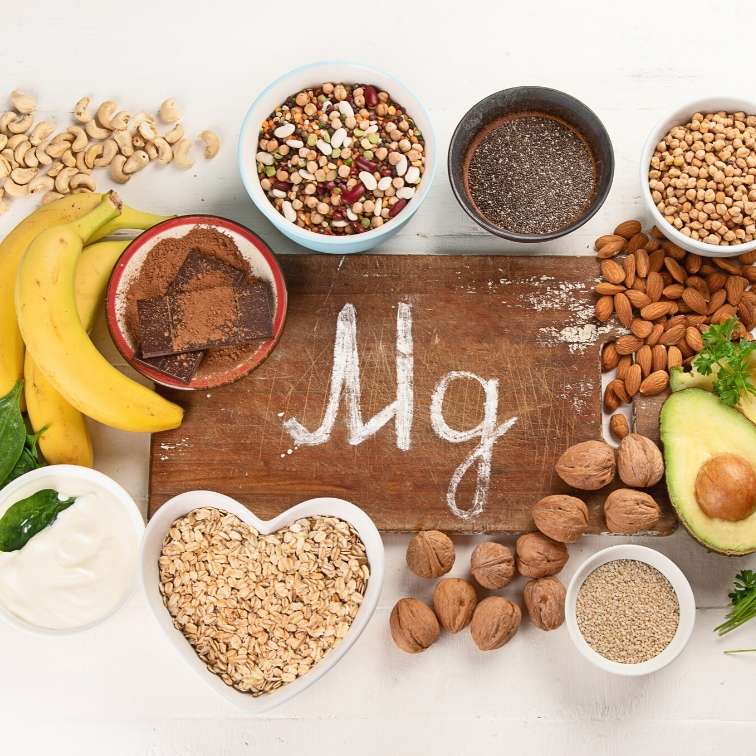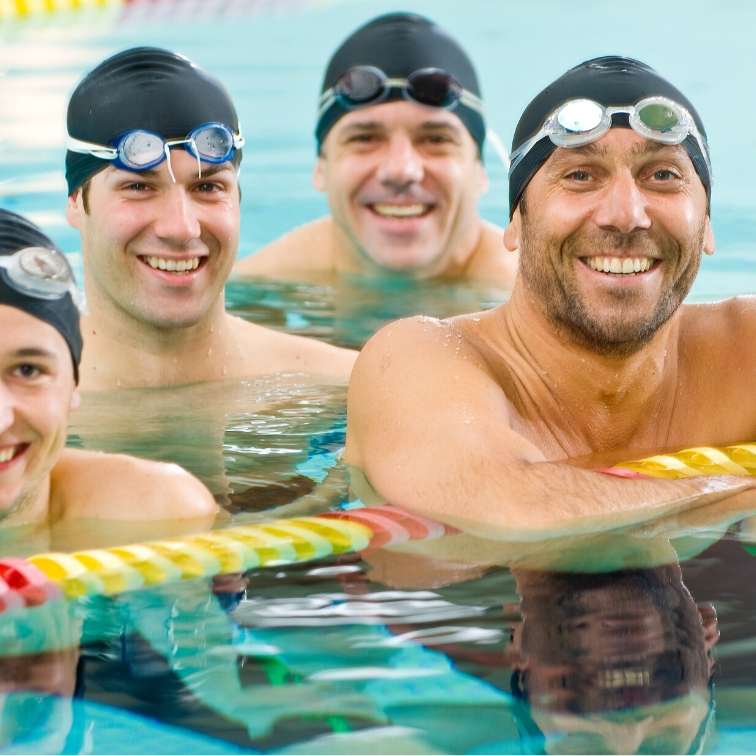
How the Benefits of Magnesium for Athletes Applies to Swimmers
Taking the right vitamins and nutrients is an important part of nutrition for swimmers. With the intense training and workouts, it's imperative that your body is properly fueled at all times to maximize your performance. But how do you know which ones to take and if they're benefiting you at all? Magnesium is involved in enhancing strength, energy production, and protein synthesis - all key factors for any athlete's success. These magnesium benefits for athletes also apply to swimmers and can help supplement your balanced diet to make sure you're performing at your best!
Electrolyte balance
Swimmers put their bodies through intense training daily; whether it's at the pool or in the weight room. And when you're participating in these endurance activities, especially those that last over an hour, you'll need to keep an eye on your electrolyte balance. Electrolytes contain this key mineral and when you're losing magnesium through your perspiration, it must be replaced. Read more here about how electrolyte balance is important for swimmers.
Muscle relaxation
Another way that magnesium helps swimmers with optimal performance is by ensuring proper muscle contraction. This mineral assists with ATP (adenosine triphosphate) production, which is especially important for red blood cell production in muscle cells. When you don't have enough magnesium to aid in ATP production, you'll experience muscle cramps and your muscles will not relax properly.
Better recovery
If you've been reading our blog regularly, then you are well aware of the benefits of quality sleep for swimmers. Magnesium is a calming mineral plays a key role in sleep and when you are lacking it, studies show that there is altered electrical activity in the brain, therefore causing agitated sleep and frequent awakenings. Having sleepless nights, especially before race day, can negatively impact your swim performance. Magnesium also reduces cortisol, which helps to reduce the effects of this stress hormone on the body and mind. 
Magnesium sources
The recommended intake for athletes is 500-800 mg/day. If you're not getting enough, supplement your diet with foods like dark leafy greens, nuts, fish, beans, whole grains, avocados, yogurt, bananas, dried fruit, and dark chocolate. Another great way to enjoy magnesium is with our NutriBoost shake, which has 35% of the daily recommended value in each serving.
If you're experiencing any symptoms like frequent muscle cramps, constant fatigue, poor sleep, chronic pain, anxiety, or nausea you may have a magnesium deficiency. It might be likely since over 75% of Americans experience a lack of magnesium in their diets. Check with your health professional to see if you're deficient by using a red blood cell test, which is more accurate than a regular blood test for detecting a magnesium deficiency.
Sources:
http://www.chiro.org/ nutrition/FULL/Essential_Nutrients _for_Endurance_Athletes.shtml
http://www.ncbi.nlm.nih.gov/ pubmed/17172008










Leave a comment
This site is protected by hCaptcha and the hCaptcha Privacy Policy and Terms of Service apply.